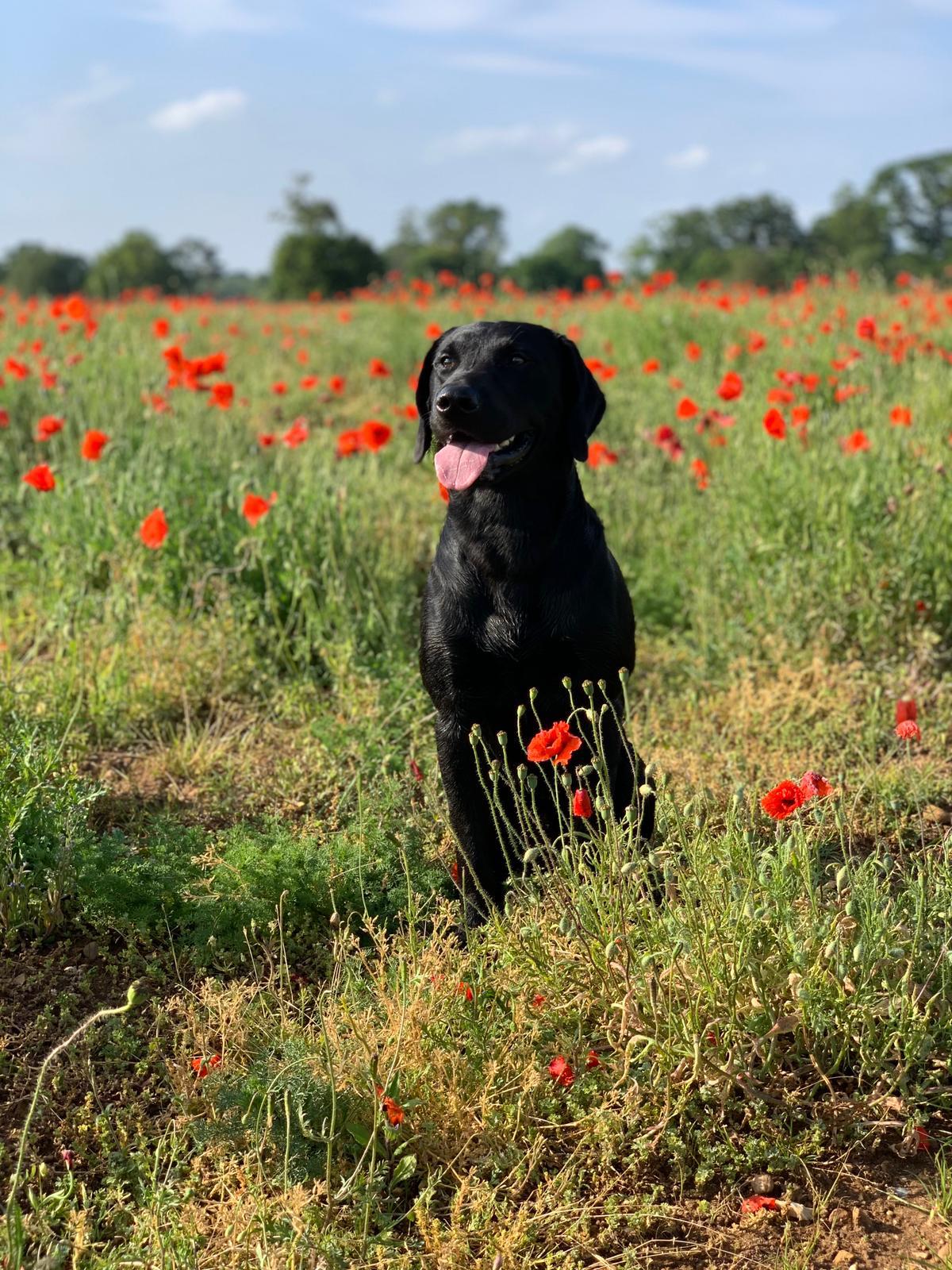Veterinary Surgeons: See the full picture with whole-genome diagnostics for genetic disease.
AniSeq
With whole-genome sequencing, we can improve the diagnosis of genetic disease in animals by detecting both well-known and completely novel disease-causing mutations.
Get in touch with one of our team
Help us with our research
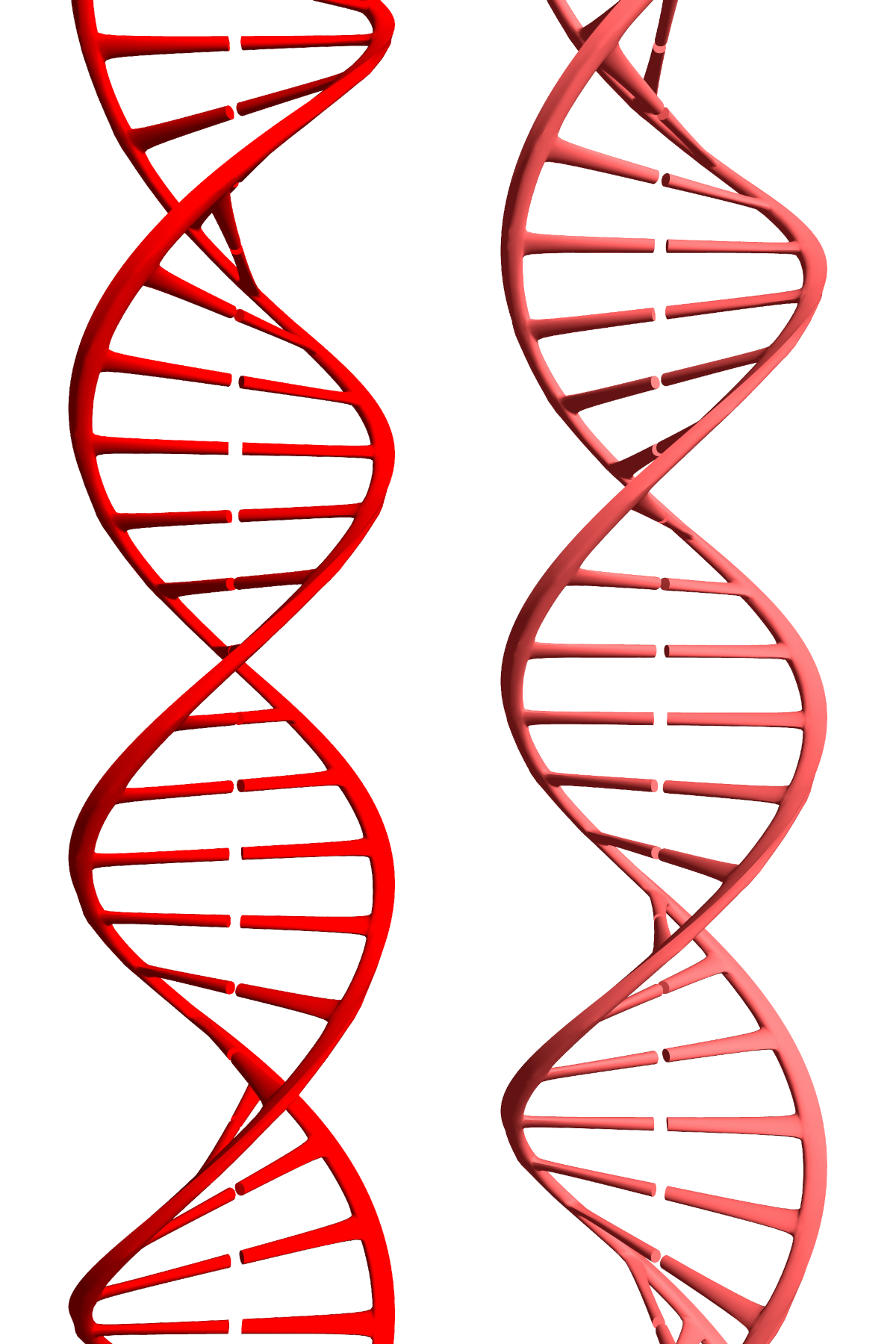
Diagnostic testing for animals with suspected genetic disease
Diagnostic testing options for animals with suspected genetic disease are currently limited, with validated tests only available for a small number of well-characterised mostly breed-specific diseases. This contrasts with human genetic medicine, where sequencing the whole genome is a relatively routine procedure for diagnosing unusual conditions. We are now extending this to veterinary patients: using technology previously only available in a research setting, we have developed an approach to interrogate the complete DNA sequence of canine, feline and equine patients, to identify and prioritise potential disease-causing mutations in clinical cases.
Photo Credit: Rob Ward
Photo Credit: Sophie McCullagh
Dectection of mutations
Detection of all known disease-causing mutations simultaneously (without having to guess in advance which is most likely)
RARE AND NOVEL DISEASE DETECTION
Detection of rare and novel disease-causing mutations that cannot be detected by any other currently available technique
Applicable to any breed/ crossbreed
Including cross-breeds and animals whose breeding is unknown.
Easy Sample Submission
Only requires a simple blood sample or swab – no need for the animal to travel to a specialist centre.
Personalised Therapy
Results can help plan personalised therapy or screening of breeding populations.
Who We Are
At the Roslin Institute (birthplace of Dolly the Sheep, the world’s first cloned mammal), we have a long history of excellence in animal genetics. Our team includes both clinicians and bioinformaticians with expertise in animal genetics, and so we are uniquely placed to analyse and provide clinical interpretation of the complex information contained in an animal’s complete DNA sequence.
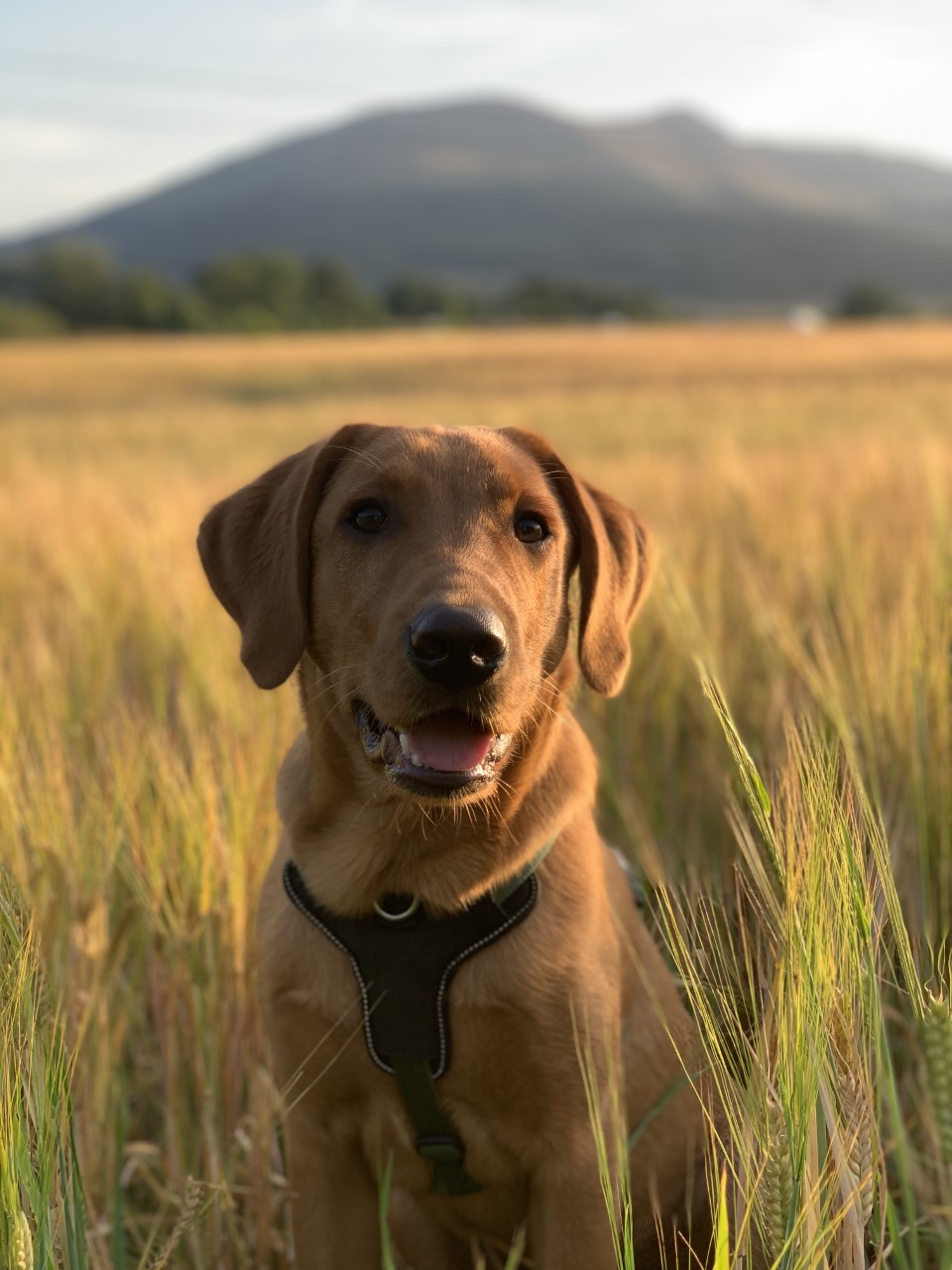
Photo Credit: Tyler Morrison
Our Technology
How it works
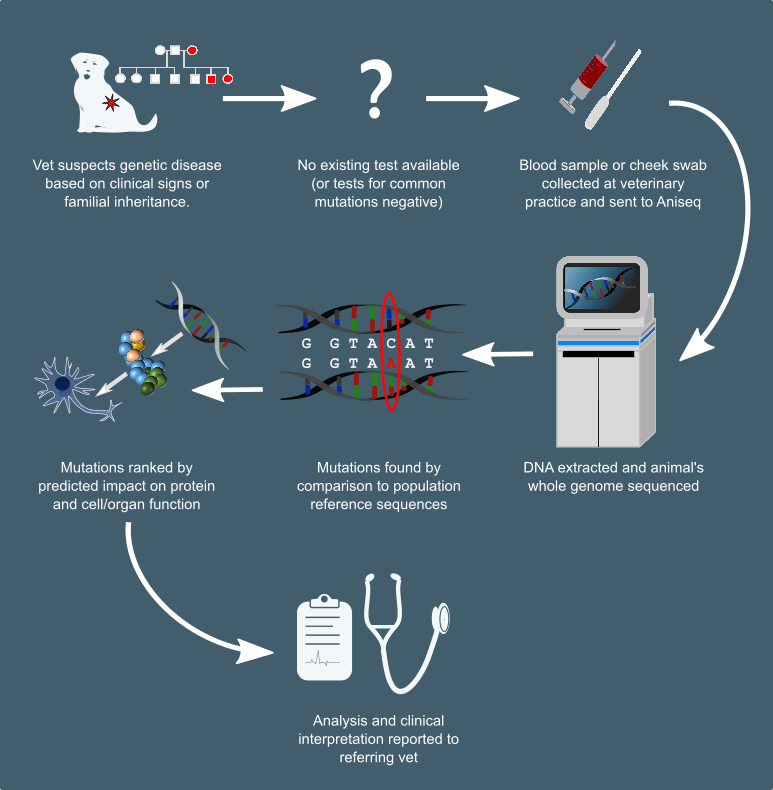

ROSLIN INSTITUTE
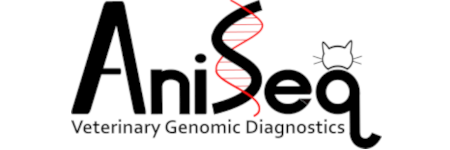
ANISEQ
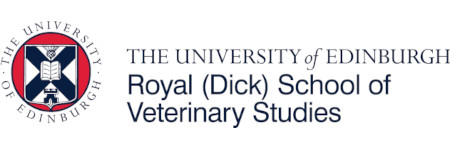
UNIVERSITY OF EDINBURGH
Our Team

Richard Mellanby BVMS BSc PhD DSAM DipECVIM-CA FRCVS
Professor of Comparative Medicine, Head of Companion Animal Sciences, Head of Veterinary Clinical Research
Richard is a small animal medicine specialist and project lead for the development of our Veterinary Genomic Diagnostic service. His research interests are focused on investigating the relationship between nutrition, inflammation and health outcomes using a comparative medicine approach. He has published over 170 papers in the field. He has been responsible for the introduction of a number of innovative diagnostic solutions for veterinary patients, including vitamin D analyses (VitDAL, https://mellanbylab.org/vitamin-d-metabolite-measurement-service/) and microRNA diagnostics (miRVETlab, https://mirvetlab.com/).

Nick Parkinson MA MS VetMB CertEM(Int Med) DACVIM-LA MRCVS
Clinical Lecturer in Equine Medicine
Nick is an equine veterinarian and Diplomate of the American College of Veterinary Internal Medicine (Large Animal Internal Medicine). He is also in active researcher in the field of comparative genetics and genomics with diverse research interests across multiple species, including equine immunology, canine and feline cancers and genetics of susceptibility to COVID-19.
Help us with our research
At the University of Edinburgh we are continually developing approaches to identify and interpret the significance of potential disease-causing mutations in whole-genome data from animals, with the aim of providing this as a clinical service to assist with diagnosis of genetic disease.
This survey for veterinarians, which should only take less than 5 minutes to complete, explores the burden of genetic disease in patients presenting to veterinary clinics, and the potential gaps between clinical needs and the range of genetic tests currently available.
Your time in filling this in would be much appreciated – your response will help shape how we provide this service in the near future.

Send us an email
Photo Credit: Gemma Pearson


